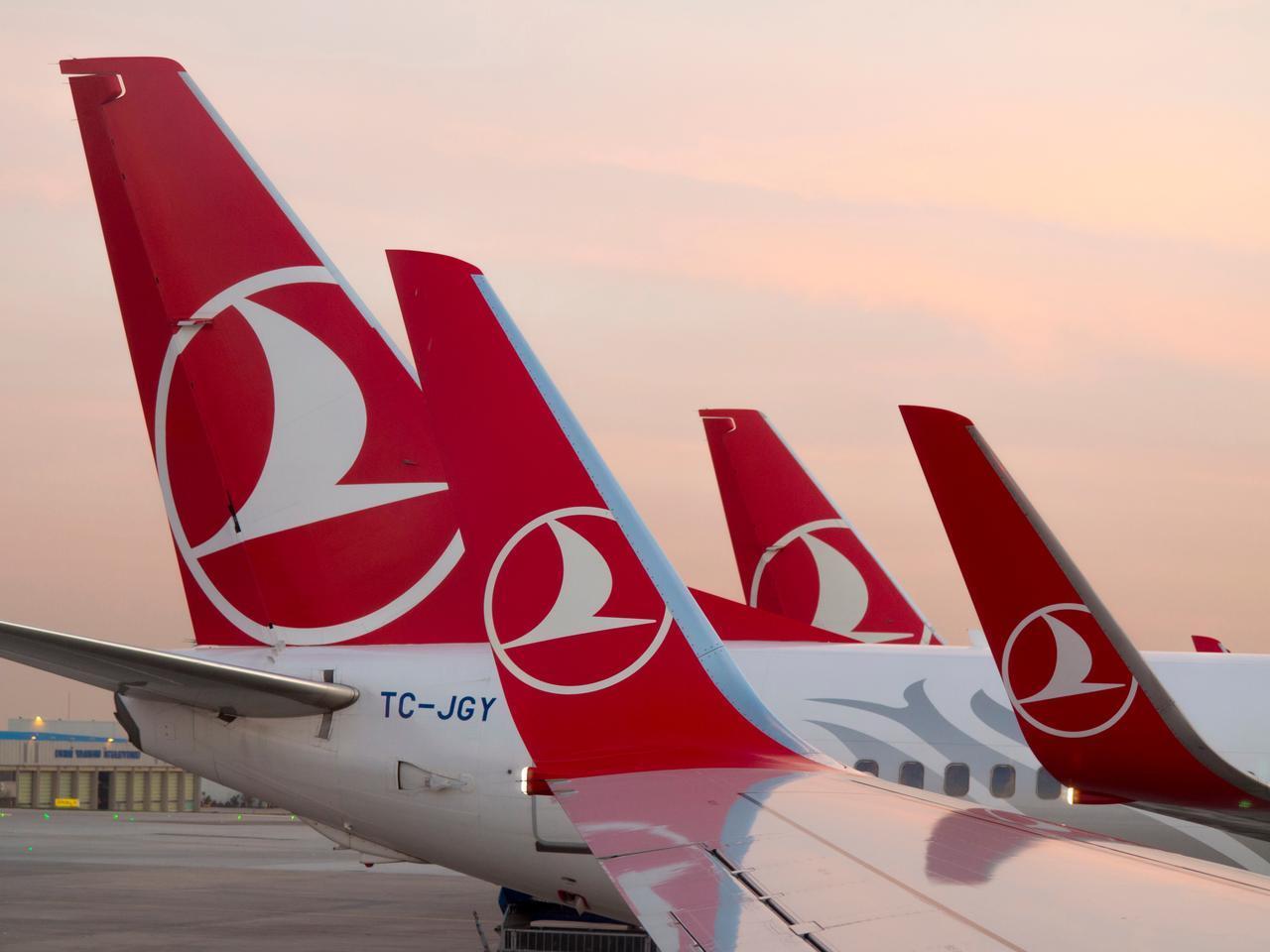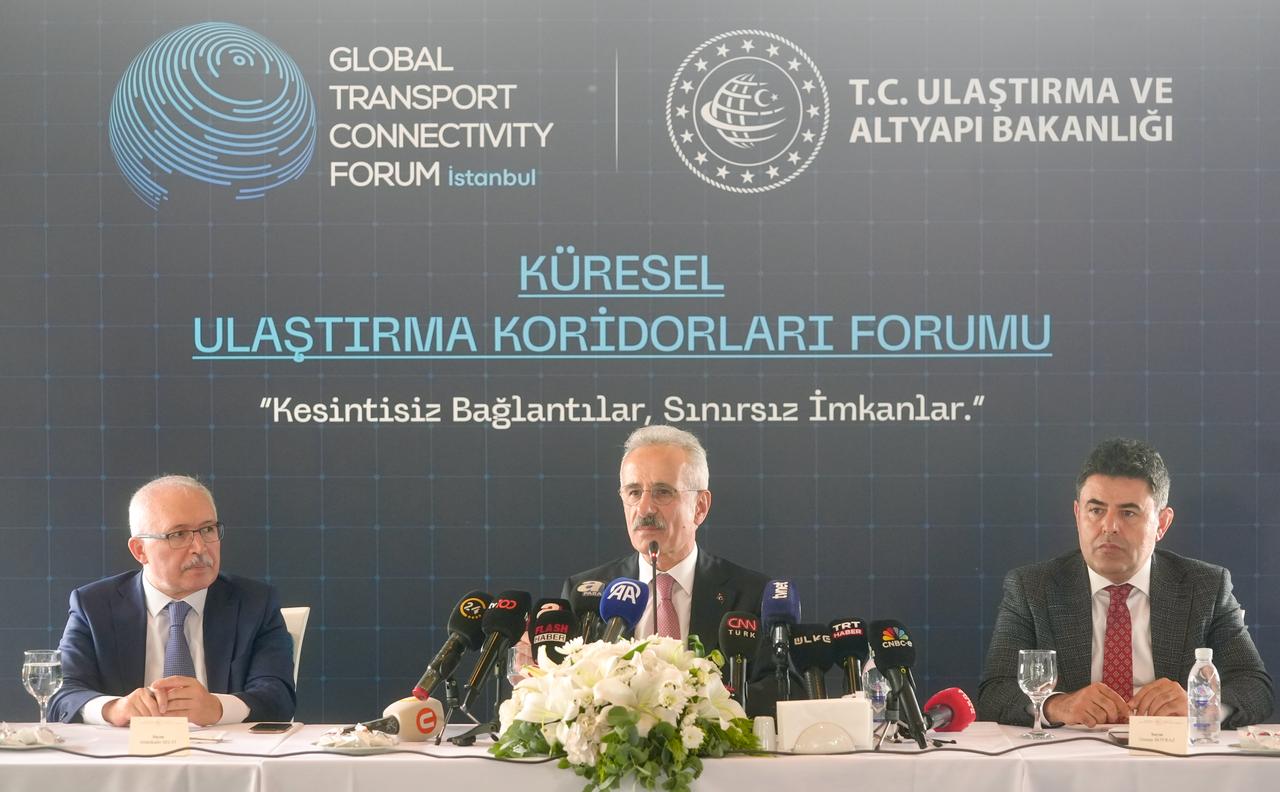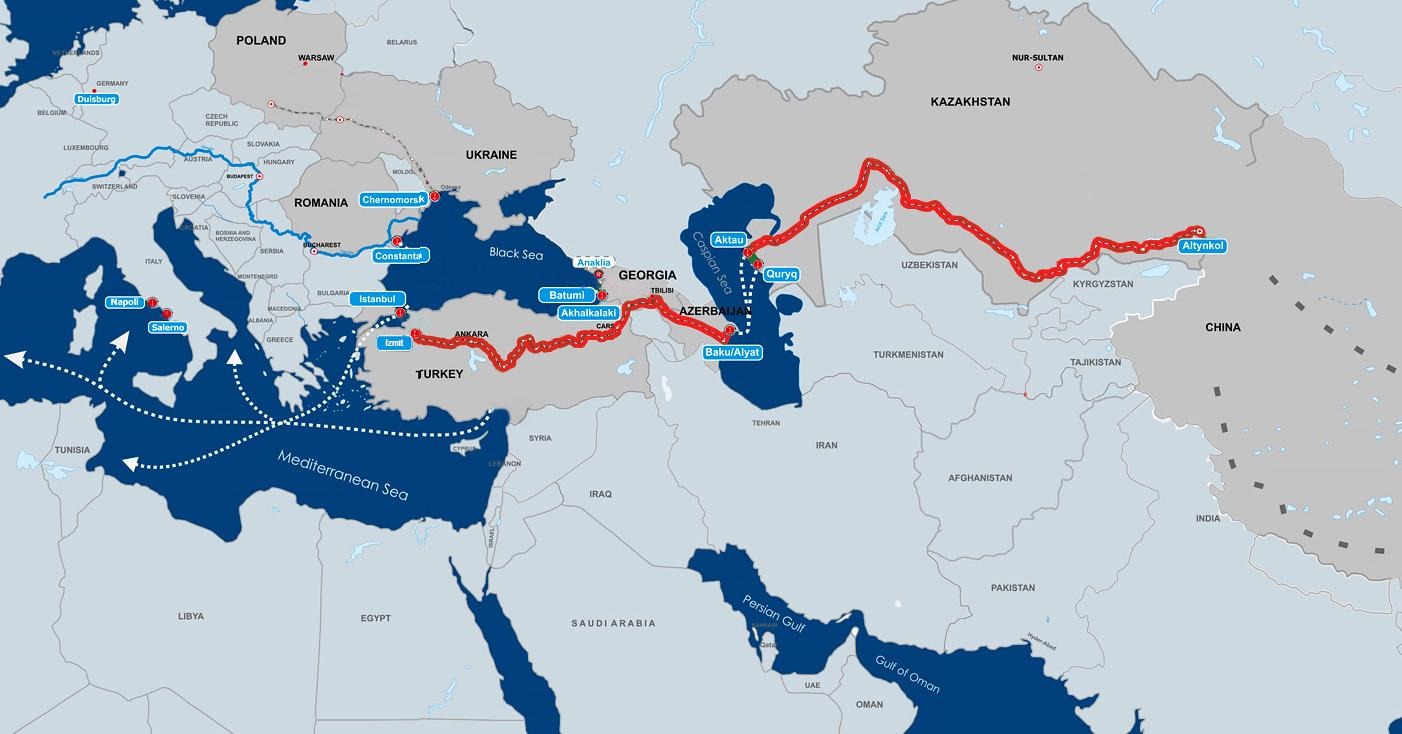
Turkish Transport and Infrastructure Minister Abdulkadir Uraloglu announced that 11 Turkish aircraft remain stranded in Iran and Iraq due to heightened regional tensions following Israeli strikes on Iran, while emphasizing the critical importance of diversifying international transportation corridors.
Speaking at a press conference ahead of the Global Transportation Corridors Forum scheduled for June 27-29, Uraloglu detailed the aircraft situation: "In the Iran-Israel conflict, 7 of our aircraft remained in Iran and 4 in Iraq. Pegasus has 7 aircraft, Turkish Airlines has 2, Ajet has 1, and Tailwind Airlines has 1 aircraft."
The minister explained that crew safety prompted the evacuation of personnel while aircraft remained grounded due to security concerns.
"Due to the intense air movement and rocket and missile activity in that region, neither the relevant countries nor we could take that risk. We brought all crews to safety for their security," he added.

The Turkish minister underlined the strategic necessity of developing alternative transportation routes, particularly given current regional instability.
"We need to diversify alternatives like the Middle Corridor and the Development Road Corridor. Today, there is talk of closing the Strait of Hormuz as a result of Israel's attack on Iran. So we should not remain dependent on a single route," he added.
The minister noted Türkiye's massive infrastructure investments since 2002, totaling $293.5 billion across highways, railways, aviation, maritime, and communications sectors.
"For a country of our scale, this is really a good investment. We calculate that its contribution to production is approximately $1 trillion," he stated.

Uraloglu presented comparative transit times for cargo from the Far East to Western Europe: the current Suez Canal route takes approximately 35 days, the Cape of Good Hope route 45 days, and the completed Development Road would reduce this to 25 days, while the Middle Corridor currently achieves 18 days with plans to reduce to 13 days.
The Middle Corridor represents a 2,262-kilometer route through Türkiye requiring a $50 billion investment, expected to generate $114 billion in production impact and provide annual employment for approximately 144,000 people.
The railway network expanded from approximately 10,900 kilometers (6772.9 miles) to 14,000 kilometers (869.9 miles), with electrified and signaled track lengths reaching 80%.
Türkiye became the sixth high-speed train operator in Europe and eighth globally, constructing 2,251 kilometers of high-speed railway.
Urban rail systems now span 1,014 kilometers across 14 cities, either transferred to municipalities or operated directly by the ministry.

Active airport numbers increased from 26 in 2002 to 58 currently, with two more under construction.
Aviation agreements expanded from 81 countries to 175, while flight destinations grew from 60 countries to 353—the world's highest number.
Total passenger traffic increased from 34 million in 2002 to 231 million last year, with a 240 million target for this year.
Istanbul Airport alone handled 80 million passengers, Sabiha Gokcen Airport 40 million, and Antalya Airport 40 million.

Port facilities increased from 152 to 217, with cargo handling capacity growing from 190 million tons annually to 532 million tons.
Shipyard numbers expanded from 37 to 85, with capacity increasing from 550,000 deadweight tons to approximately 4.8 million deadweight tons.
The broadband subscriber base reached 96.5 million, mobile subscribers approximately 94 million, and fiber network length 605,000 kilometers, with plans to reach 800,000 kilometers initially.